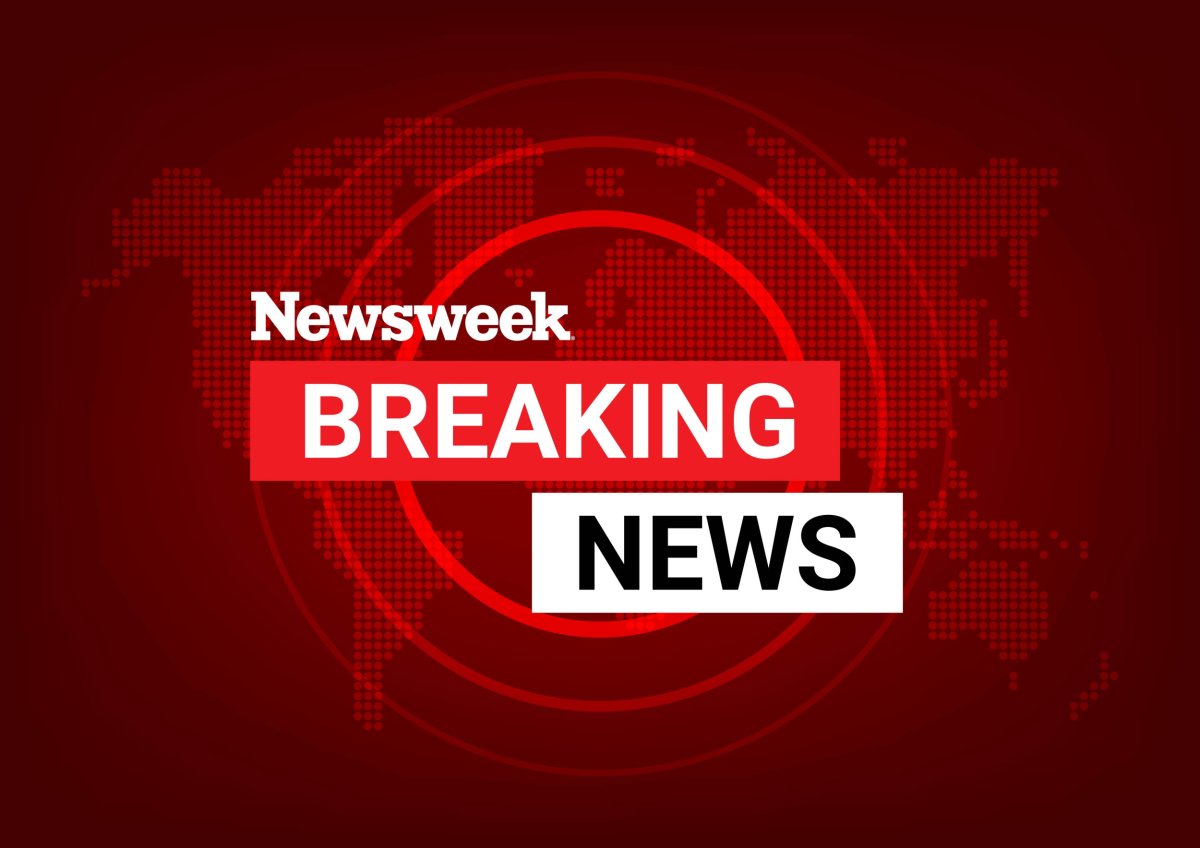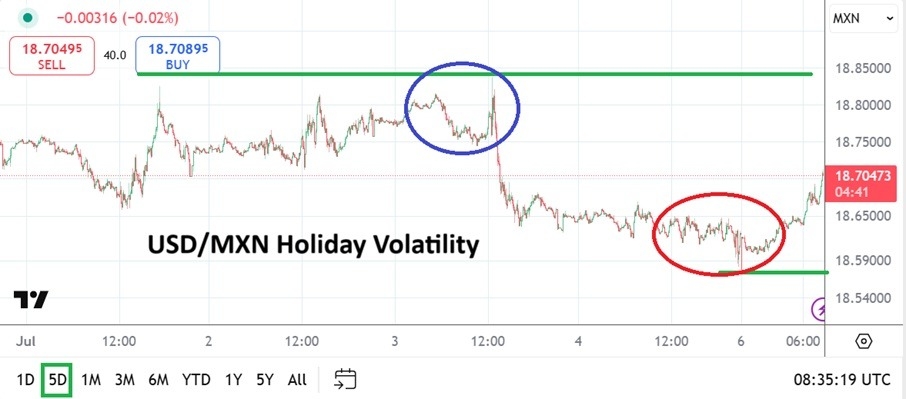Shane Croucher is a Breaking News Editor based in London, UK. He has previously overseen the My Turn, Fact Check and News teams, and was a Senior Reporter before that, mostly covering U.S. news and politics. Shane joined Newsweek in February 2018 from IBT UK where he held various editorial roles covering different beats, including general news, politics, economics, business, and property. He is a graduate of the University of Lincoln, England. Languages: English. You can reach Shane by emailing s.croucher@newsweek.com
Shane Croucher
Breaking News Editor
Based on facts, either observed and verified firsthand by the reporter, or reported and verified from knowledgeable sources.
✓ Link copied to clipboard!
- English (Original)
- Español
- 中国人
- Français
- Deutsch
- Portuguese
- हिन्दी
Newsweek AI is in beta. Translations may contain inaccuracies—please refer to the original content.
🎙️ Voice is AI-generated. Inconsistencies may occur.
China said BRICS does not seek confrontation or target any country after U.S. President Donald Trump threatened a new 10 percent tariff.
Trump said in a July 6 post on Truth Social that the additional levy would hit any country “aligning themselves with the Anti-American policies of BRICS,” an economic group of developing countries. He said there would be no exceptions.
It is formed of 11 countries: Brazil, Russia, India, China, South Africa, Saudi Arabia, Egypt, United Arab Emirates, Ethiopia, Indonesia, and Iran.
“BRICS is an important platform for cooperation among emerging markets in developing countries,” said Mao Ning, a spokeswoman for the Chinese foreign ministry, at her press briefing on July 7.
“It advocates openness, inclusiveness, and willing cooperation. It is not a bloc for confrontation, nor does it target any country.
“On the U.S. tariff hikes, China has made its position clear more than once. Trade wars and tariff wars have no winners, and protectionism leads nowhere.”
Trump had also said he would begin sending out tariff letters or announcing trade deals on July 7, as his 90-day pause on his reciprocal tariffs nears its conclusion.
China and the U.S. recently came to an agreement on trade that saw Washington loosen some of its restrictions and Beijing accelerate rare earth exports.
This is a breaking news story. Updates to follow.




